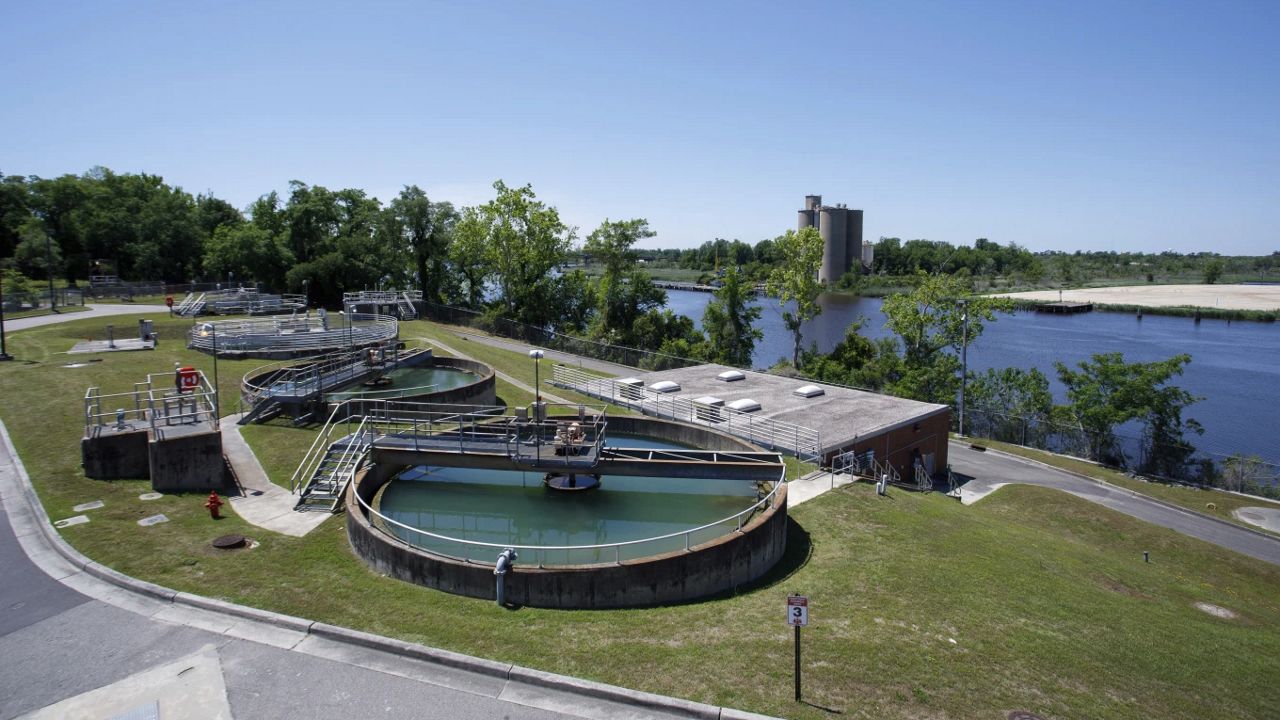RALEIGH, N.C. — Clean energy has been a growing industry over the past few decades.
As of 2021, 7.5% of North Carolina's power comes from solar and that number is only expected to grow.
Southern Energy Management has been in the renewable energy business since 2001 and the Raleigh company specializes in solar.
"There’s certainly a misconception that solar is just too expensive for the average person and that was certainly true 10 years ago when I first got into clean energy," said Graham Alexander, the sales and design lead for Southern Energy Management.
These days, solar is much more affordable, accessible and even more aesthetically pleasing. Many in the industry are also taking a more holistic approach.
"It’s moving away from just putting a couple panels on a roof and hoping it works really well, to really a lot more data and a lot more controls," Alexander said.
New technology, like inverters that communicate over the internet or cellular, allow people to easily monitor their energy use and production.
"It’s just that education allows the homeowner to get smarter about when they are using energy and how they are using energy," Alexander said.
Southern Energy Management says they saw interest an increase during the pandemic because families were spending more time at home and, therefore, using more electricity.
"What we do is change the way people make and use energy, not just produce clean energy. With knowledge, comes that control and we believe monitoring gives a lot of value there," Alexander said.
After February’s massive power outages in Texas, Southern Energy Management says they’re getting countless orders for the Tesla Powerwalls, which are essentially a solar powered generator.
Depending on the equipment, there are different financial incentives.
"We’ve seen incentives come and go, so that makes it hard to have a five year plan in the industry," Alexander said.
The company believes solar will likely continue to be the most common form of residential renewable energy at least for the near future.
"The more stable we can make the industry, the more we can work with the utility commission here in North Carolina and work with the utilities, the better off our clients are going to be," Alexander said.










